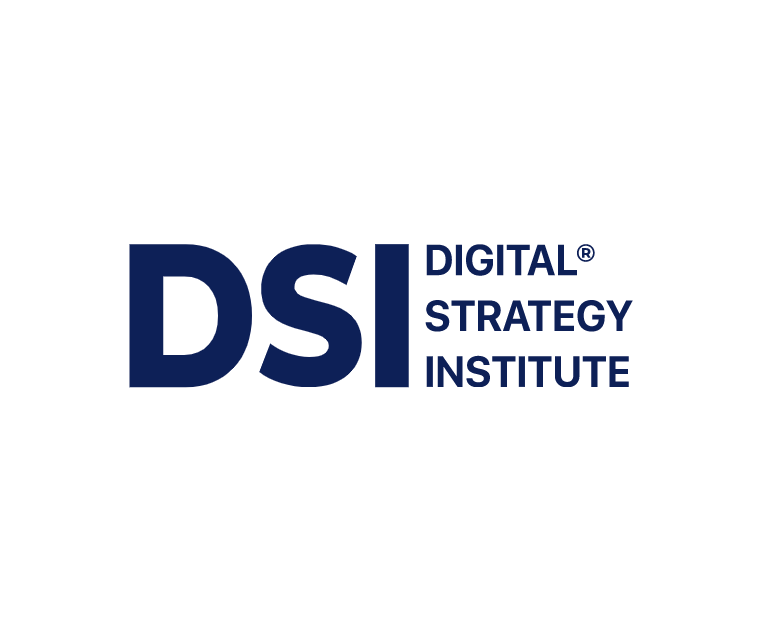Understanding the Stakeholders in Digital Strategy
- Digital Strategy

- Jan 29, 2022
- 3 min read
The term “Stakeholder” applies to either an individual or a group who has its interests vested in a company or an organization, with the ability to affect the business or be affected by the business operations. The stakeholders of the Digital Strategy work for the necessary changes in an organization to bring in a diverse digital transformation in the business. The ulterior motive of stakeholders in digital strategy is about creating a suitable establishment for digital business and intending to build an association that can reinvent itself continuously as and when required so that it is easier to keep in check with the new trends in technology and customer experiences.

In an organization, there are two core tenets of Digital Strategy;
i) The Executive Specialist- is the one who has the vision to steer the organization in the right direction and can prevail over the probable issues. He is the leader with a penchant for driving morale and motivation in his employees.
ii) The Strategy Specialists- are data-driven people who review and analyze market data and leverage it into well-defined goals. Their passion to design and implement constructive strategies makes them an expert in working with the functional teams to gain objectives and consensus by making cost-effective plans.
Although Digital Strategy revolves around the above-mentioned core tenets, various other stakeholders are equally important and help to translate these strategies into reality. Their efforts contribute to the establishment of an enterprise, making them the bastion of the organization.
1. IT Department- Since the technology is evolving at a lightning pace, an organization needs to keep up with it thus rendering the need for the Information Technology Department. In Digital Strategy, IT plays a crucial role as it is rigorously working to provide infrastructure for automation, updating/installing hardware and software solutions for an organization, processing documentation, troubleshooting network issues, creating work logs, etc.
2. Procurement- In digital strategy, procurement allows a strategic procedure of sourcing products and services of an organization by omitting unnecessary data entries, improvising the workflow approval, and increasing report generation. To enable smooth digital transformation, new and versatile approaches have to be made to allow flexible terms and conditions. Employees with a better understanding of procurement can work in a more agile way to accommodate the specifics of digital strategy.
3. Finance- The finance department is solely responsible for obtaining, managing, and planning the expenditure of the funds for a firm or an organization, ensuring an efficient and controlled financial management to support various business activities. Although digital transformation can become rather tricky in securing the necessary budget, a clear return on investment through finance can approve the necessary funding.
4. Marketing and Communications- The Marketing and Communications department in an organization help to strengthen the brand as well as the marketing efforts of a company. It not only conveys the positive values of change to both internal and external users but also works on the proposals and signposting success stories from an early stage, as it is beneficial in reassuring the public that there’s a positive road ahead.
5. Public- The Public can drive a successful and highly effective digital transformation through strong awareness with the expectation of improved services. It is necessary to know that the target customers can be digitally assisted to drive digital transformation. Once a positive relationship has been made with the target audience, the digital transformation further helps in improving customer experience and customer satisfaction.
6. Human Resources- Human Resources plays a significant role as recruiters in the digital transformation field by developing new digital models to attract and retain a pool of talent in an organization. It is important that the HR professionals improve the employee experience and offer self-service tools to employees for better understanding and driving digital transformation.
7. Senior Management- The responsibility of the overall operations and profitability of a company depends on the Senior Managers. Their main objective in driving digital transformation is the maximization of efficiency, productivity, and performance of the organization to ensure smooth business operations. They have various responsibilities depending upon the organization’s type, size, and location. They may manage an entire organization by themselves or only a single division or department. In digital strategy, the responsibility and authority of a senior manager are broad in scope when compared to the front-line managers.



Comments